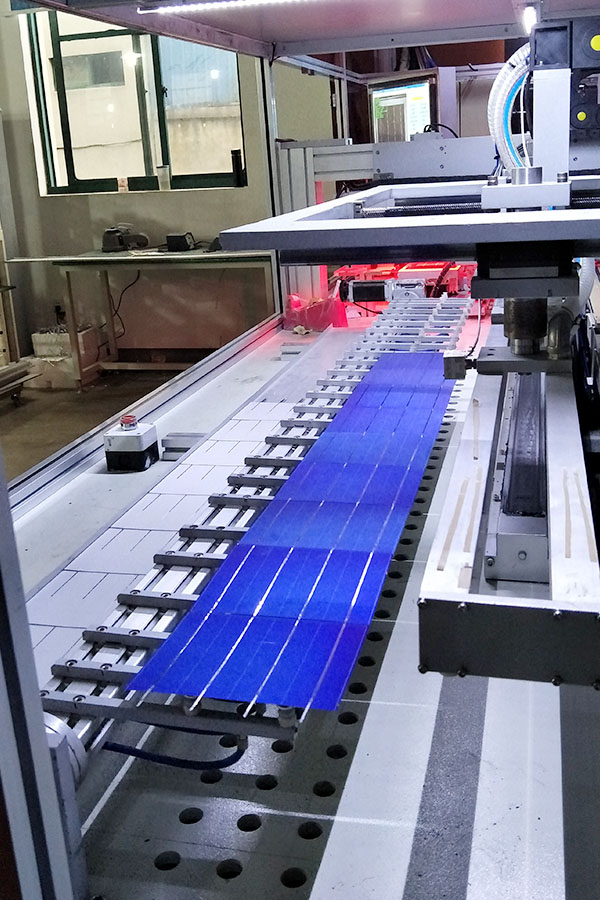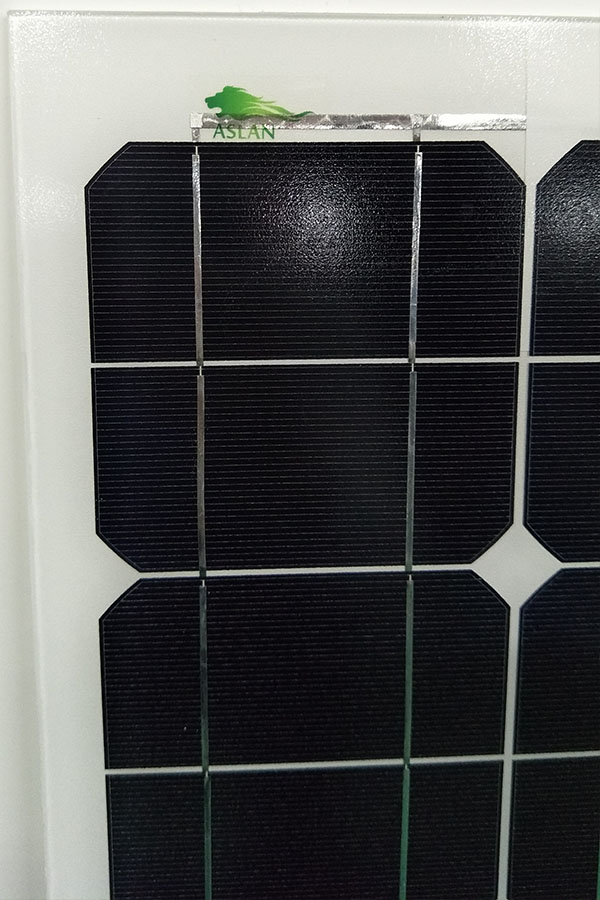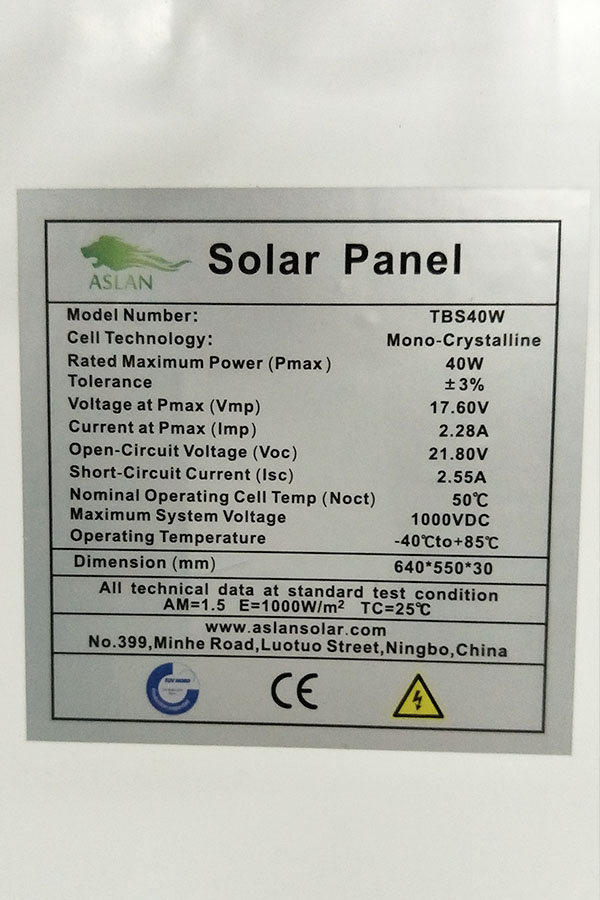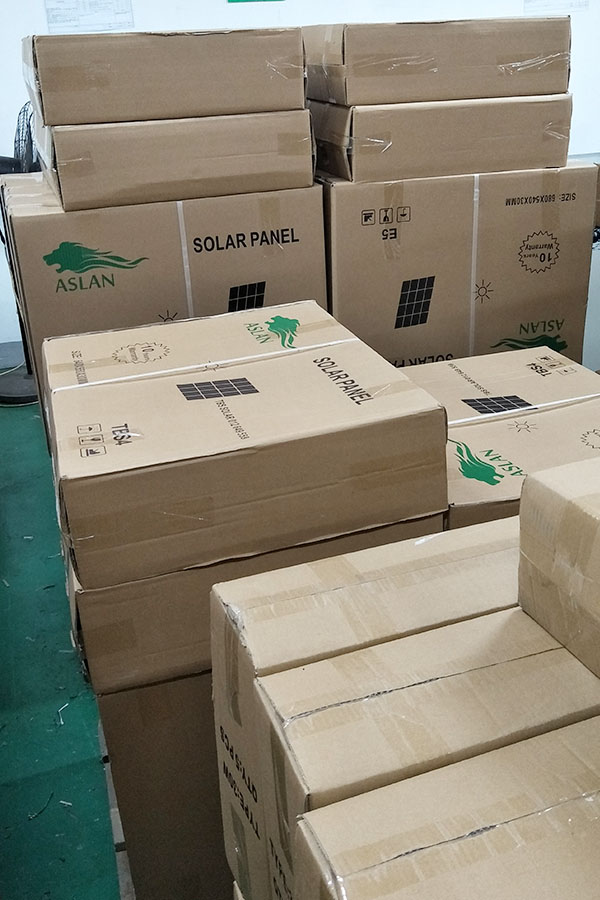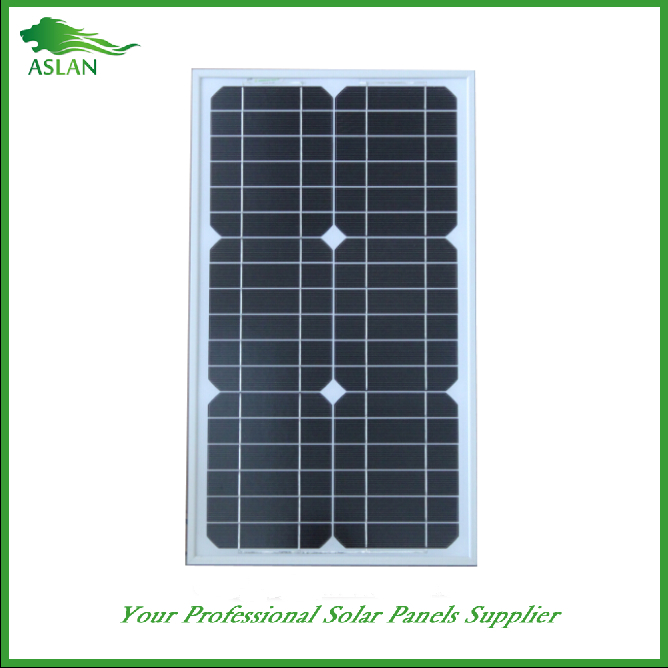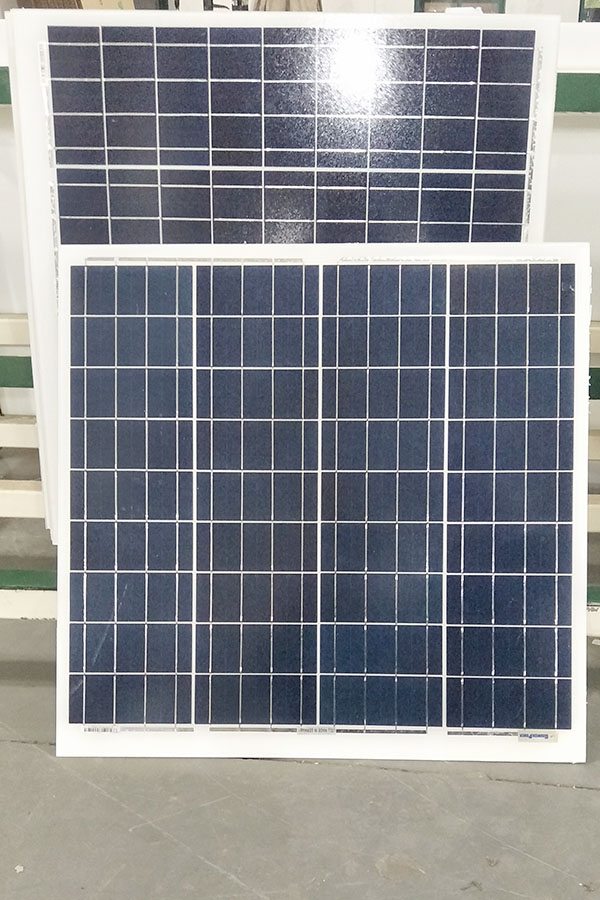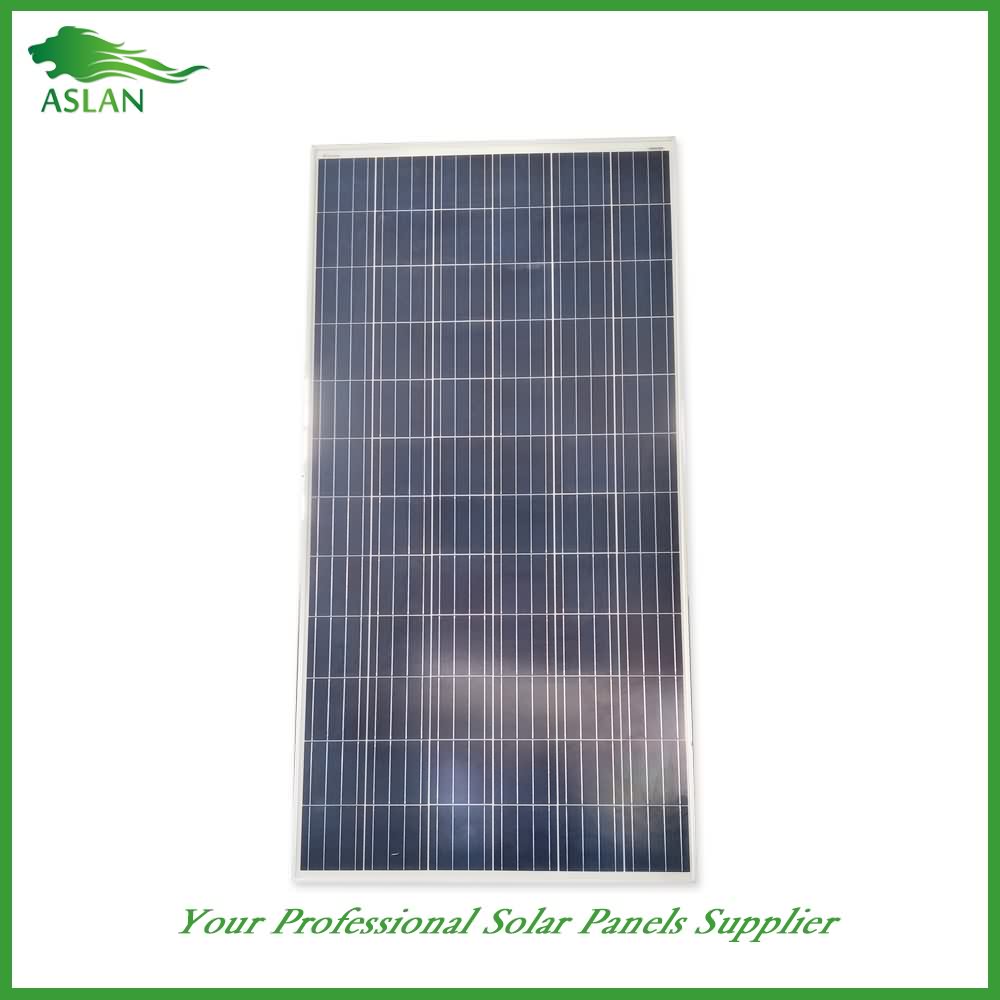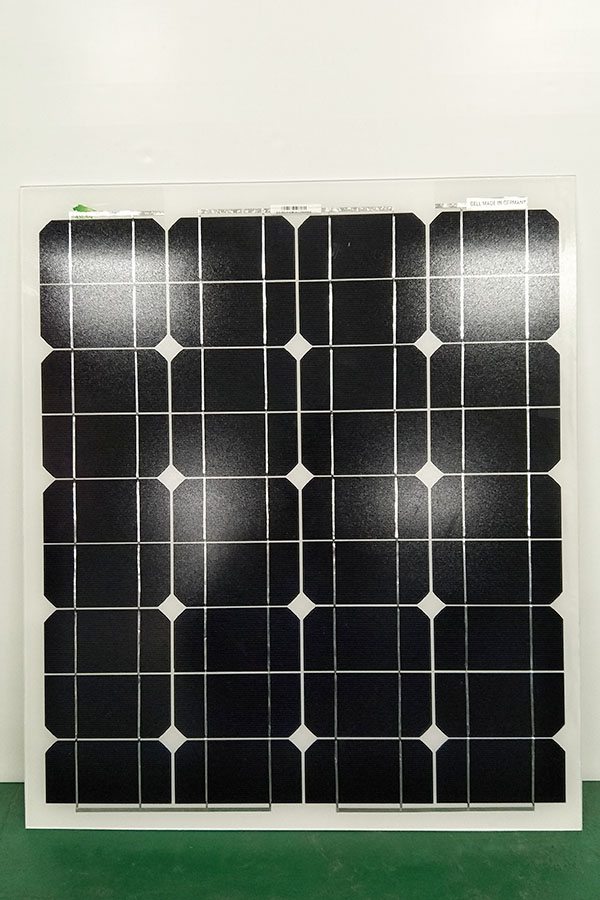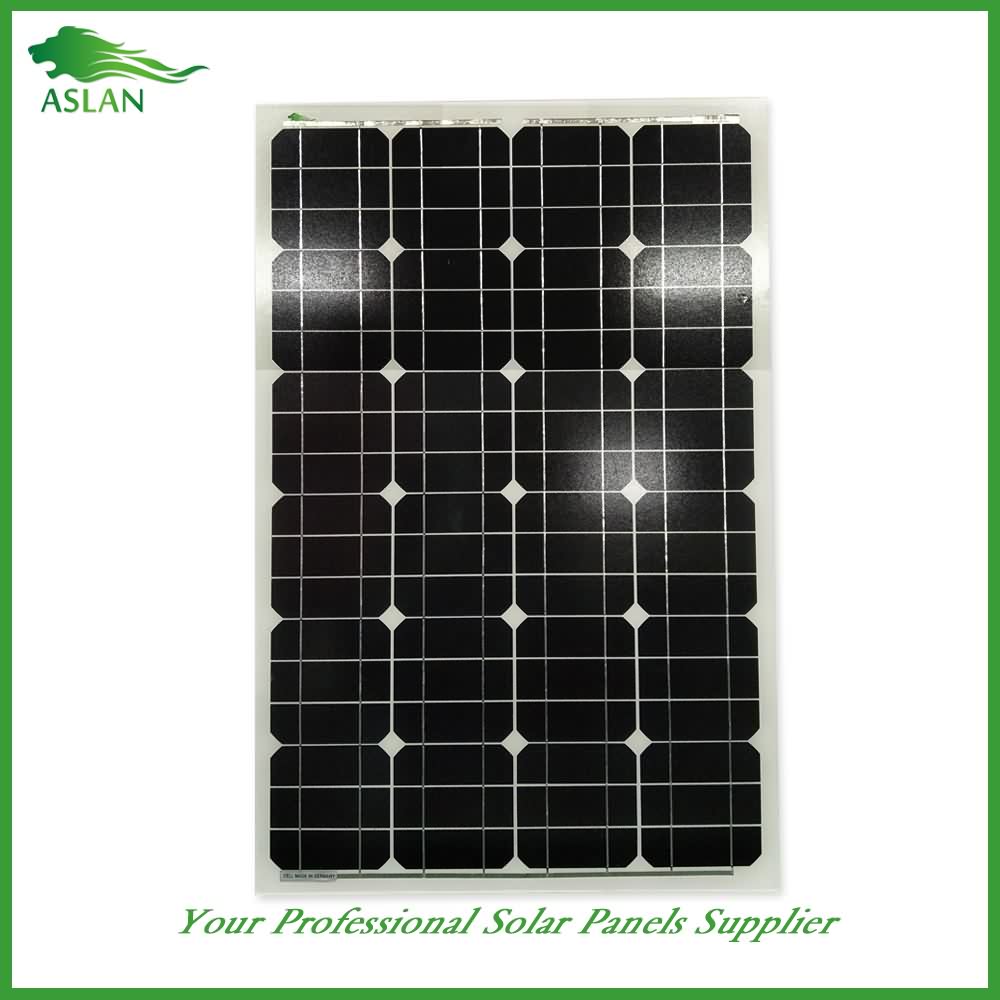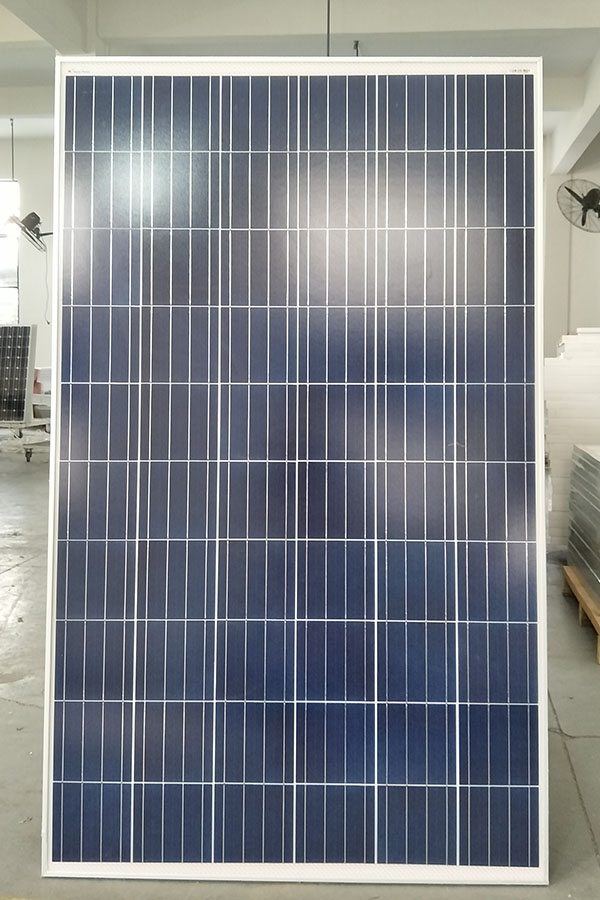Factory supplied Poly-crystalline Solar Panel 3W for Austria Factory
Short Description:
Gaining customer satisfaction is our company's aim forever. We will make great efforts to develop new and top-quality products, meet your special requirements and provide you with pre-sale, on-sale and after-sale services for Factory supplied Poly-crystalline Solar Panel 3W for Austria Factory, If you have any comments about our company or products, please feel free to contact us, your coming mail will be highly appreciated.
Poly-crystalline Solar Panel 3W
Technical parameter
Maximum Power(W) 3W
Optimum Power Voltage(Vmp) 9V
Optimum Operating Current(Imp) 0.34A
Open Circuit Voltage(Voc) 10.8V
Short Circuit Current(Isc) 0.37A
Mechanical Characteristics
Cell Type Polycrystalline
No of Cell 18 (2x9pcs)
Dimensions 145x245x18mm
Weight 0.52KGS
Front Glass 3.2mm,High Transmission, Low Iron,Tempered Glass
Temperature and Coefficients
Operating Temperature(°C): -40°C ~ + 85°C
Maximum System Voltage: 600V(UL)/1000V(IEC) DC
Maximum Rated Current Series: 10A
Temperature Coefficients of Pmax: -0.435%
Temperature Coefficients of Voc: -0.35%
Temperature Coefficients of Isc: 0.043%
Nominal Operationg Cell Temperature (NOCT): 47+/-2°C
Materials of solar panel
1).Solar Cell——Polycrystalline solar cell 156*156mm
2).Front Glass——-3.2mm, high transmission, low iron, tempered glass
3).EVA——-excellent anti-aging EVA
4).TPT——-TPT hot seal made of flame resistance
5).Frame——anodized aluminum profile
6).Junction Box——-IP65 rated, high quality, with diode protection
Superiority: high quality anodized aluminum frame, high efficiency long life, easy installation, strong wind resistance, strong hail resistance.
Features
1. High cell efficiency with quality silicon materials for long term output stability
2. Strictly quality control ensure the stability and reliability, totally 23 QC procedures
3. High transmittance low iron tempered glass with enhanced stiffness and impact resistance
4. Both Poly-crystalline and Mono-crystalline
5. Excellent performance in harsh weather
6. Outstanding electrical performance under high temperature and low irradiance
Quality assurance testing
Thermal cycling test
Thermal shock test
Thermal/Freezing and high humidity cycling test
Electrical isolation test
Hail impact test
Mechanical, wind and twist loading test
Salt mist test
Light and water-exposure test
Moist carbon dioxide/sulphur dioxide
This video is a quick example of how easy it is to set up a basic solar panel charger to a 12 volt battery in order to power smaller 120 AC devices. The solar panel is only a 5 watt charger that runs into a 12 volt marine (boat) battery, then into an inverter that converts the 12 volts in the batter to the 120 AC needed to run small electric items. I have not yet experimented with the 15 watt solar panels, but went up to a 30 volt panel in order to get more power into my batteries. So, this one works ok, as long as you have a good amount of sun all day long, but I would recommend a little bigger panel if you can afford it as this “trickle charger” barely keeps the battery at 12.2 to 12.4 when not in use.

